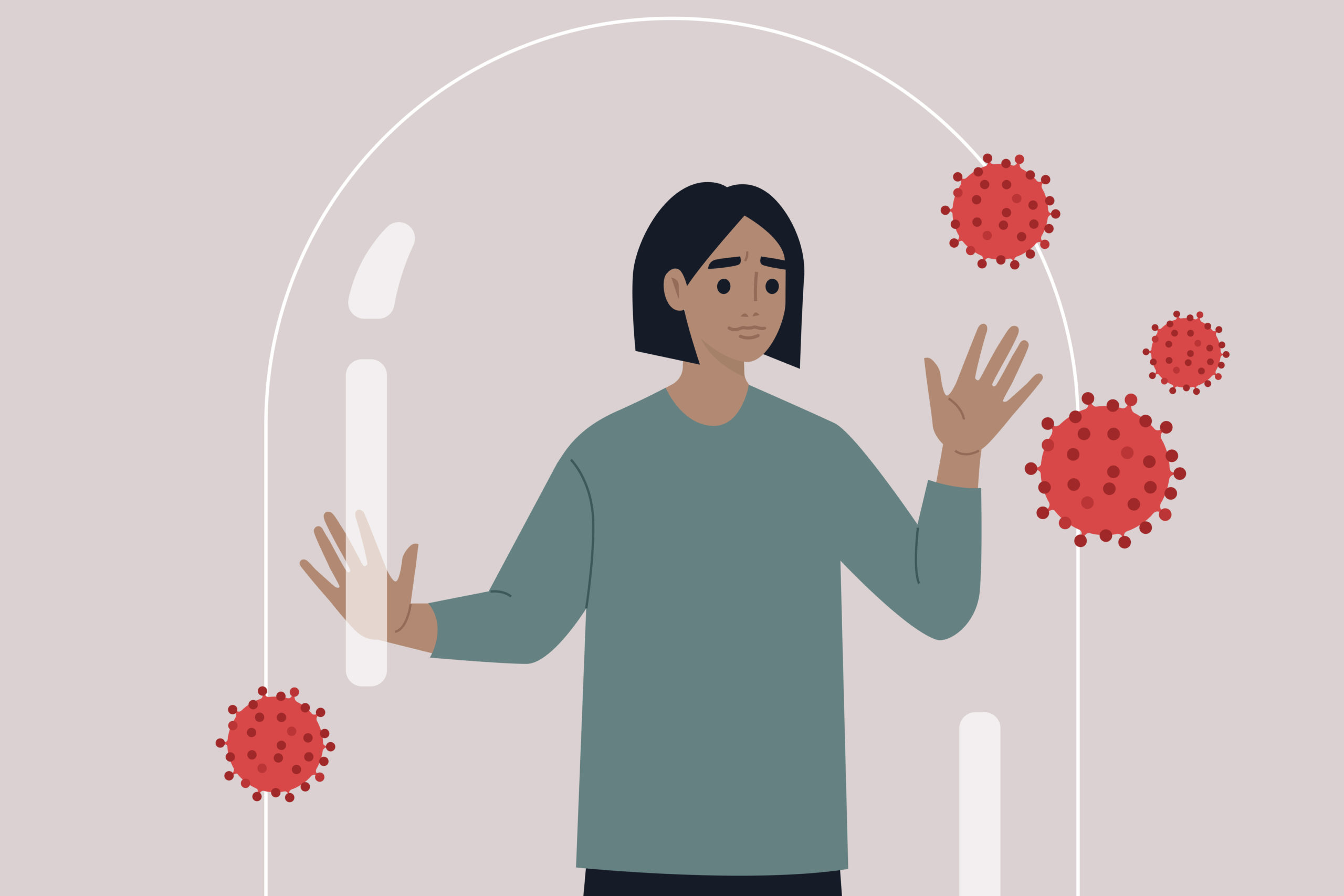The most searched midlife term on google is ‘midlife crisis’. It’s a phrase linked to stress and anxiety associated with all the changes that can happen in your forties and fifties. Changing careers, divorce, ageing, children leaving home, elderly parents, they can all give rise to a lot of emotions that are difficult to cope with.
Midlife Anxiety
All these midlife changes can trigger a range of mental and physical reactions. Your anxiety can manifest in many different ways. Some of the typical signs are :
- Feeling irritable, increased temper or anger
- Focus on changing your appearance/body
- Feeling like you cannot cope and wanting to escape
- Compensating for how you feel by buying shiny new things
- Constantly worrying and regretting your life choices
- Difficulty sleeping, feeling tired
- Hyper, on edge, not able to relax
- Butterflies, upset stomach
- Tearfulness
- Feeling insecure, needing reassurance from people
- Hot flushes and increased menopausal symptoms
- Changing eating habits, comfort eating or loss of appetite
- Physical signs like a pounding heart, shortness of breathe, palpitations (an irregular heartbeat) , feeling sick, chest pains , headaches, sweating.
- Nothing makes you happy
These emotions can happen at anytime in life, but can feel more intense in midlife as your life circumstances may have changed and in the past the focus was more on your career or children.
How Changing Your Mindset Can Help
The first thing you need to do is DO NOTHING. Too often when we feel anxious, we think we need to take action and sort things out now. There is an air of urgency to go buy something or do something rash. The best thing you can do is give yourself some space and time and try not to make fast decisions.
- Remind yourselves that emotions, thoughts, and situations aren’t permanent or always reality.
- Give yourself space and time to think about life.
- Try to refocus on the positives and write down all the positives in your life.
- Talk to someone, get help from supportive friends this will help lesson the symptoms of anxiety.
- Go to therapy or life coaching, this is a great way to get a fresh perspective on your life.
- Be kind to yourself and show some self care.
How To Cope With Anxiety
Look at the facts.
Anxiety is often caused by fixating of worse outcomes and worrying about the future. Rather than thinking these negative thoughts try to get some balance and step back and look at the facts. Try to reframe the negatives by looking at them in a different way.
Deep breathing can relax you.
Breath in and out deeply and focus on doing some breathing exercises, if you slow down your breathing it will help slow down your mind. Make sure you breathe into your stomach (lower lungs) rather than your chest to make sure you are breathing deeply. Try doing this for 5 – 10 minutes.
Live in the present.
Anxiety is often caused by worrying about the future, so instead of doing this try and live in the present and focus on what is happening now and what you can do now. Focus on feeling safe now.
Be active.
Exercise, take a walk, move into a different room or go outside. If you feel really anxious it helps to move and exercise helps calm you down.
Eat heathy and stay off the sugar.
When your anxious you can turn to carbs and comfort food but sugar will fuel your anxiety. Instead have water and protein.
Take some space away.
Step away from your daily routine to pause and think about the next phase of your life. What new ambitions do you have? What would you like to accomplish over the next few years? Ignore the little voice in your head that tells you that you are being selfish or should stop daydreaming.
Positive affirmations.
Write down the positive things in your life for which you are grateful, then say them out loud to yourself to reset your thought patterns
Do something that will refocus your thoughts.
Volunteer, take a class, or get involved with a mentoring program.
Let go of negative things and people.
If some people or situations make you anxious then move on. It is ok to say no.
Love yourself.
Learn to love who you are and everything you have been through to get here. Embrace the emotions.
Talk to someone.
Friends, family can help lessen or alleviate the ongoing symptoms – or try group therapy is a great way to interact with others who are going through the same issues
Channel your anxiety into new outcomes.
You can channel your concerns into new opportunities and bring greater meaning to your life. This can be a time to:
- Set new goals to replace your outdated or less relevant objectives. For example, if you’re no longer aiming to climb the corporate ladder, try mentoring a younger colleague.
- Start that hobby you’ve been thinking about pursuing. After all – if not now, when?
- Learn a new language or acquire a new skill.
- Give back through volunteering or community work, such as coaching a team sport or helping out at a soup kitchen.
- Renew or consider beginning a spiritual life to help you find strength outside yourself.
- Begin stress management strategies. Take up yoga or learn meditation. Practice mindfulness. Keep a gratitude journal. Start an exercise program.
Get professional help.
If it all feels too much talk to your doctor or get some psychological therapies like cognitive behavioural therapy (CBT) on the NHS for anxiety and panic disorder.
Sometimes, we need to remind ourselves that if we experience anxiety in the future (which is undoubtedly going to happen), it wouldn’t be a permanent thing.





